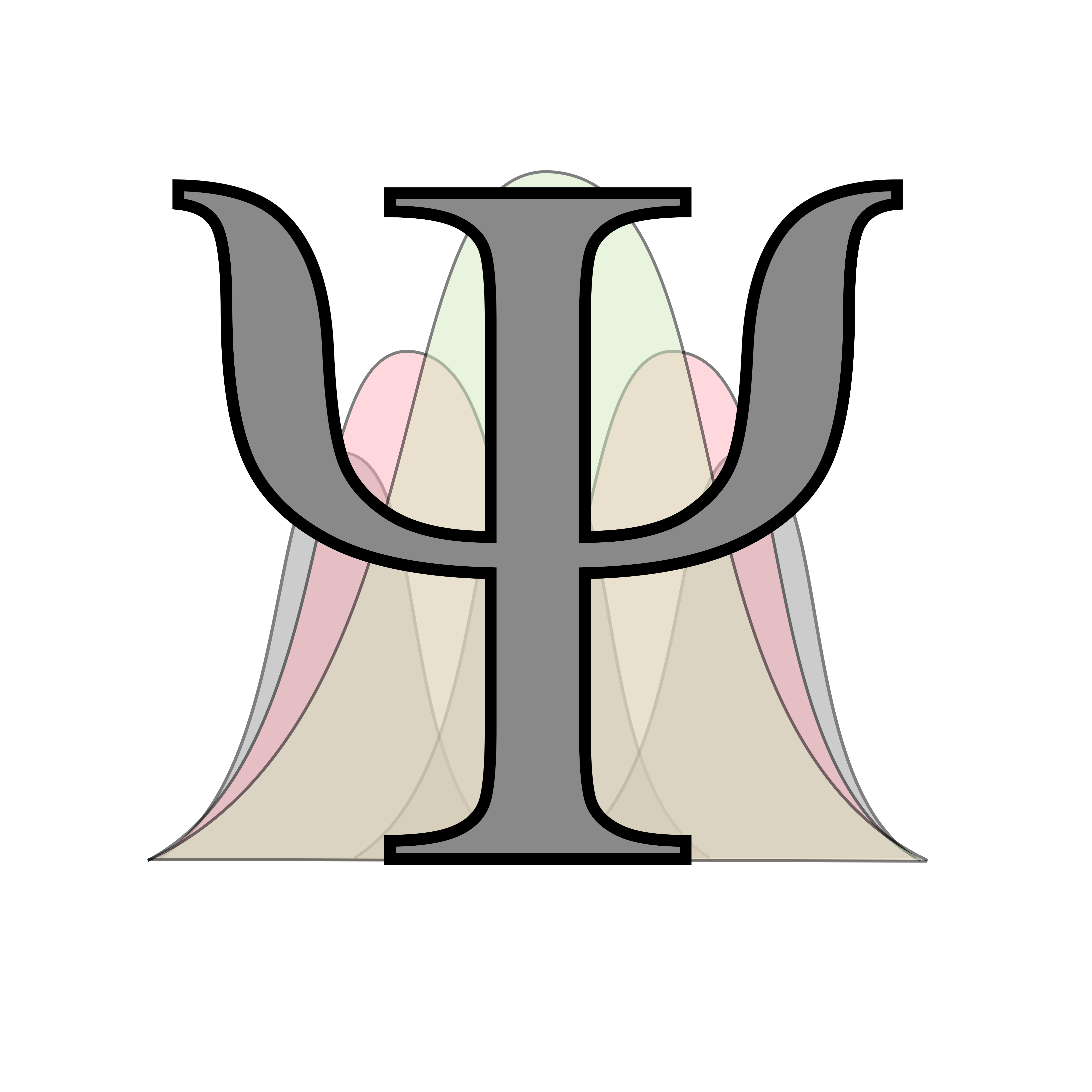Hi all. I’ve been developing a conceptual physics framework that proposes a new way of looking at quantum measurement, time, and classical emergence using what I’m calling ‘constraint field interactions’ as the underlying mechanism.
This isn’t a formal academic paper (yet); I don’t have an institutional affiliation or physics PhD. But I am very serious about developing this model coherently and rigorously. The work is still evolving, but the core idea is that reality may have stabilized through self-reinforcing patterns of constraint resolution, producing what we experience as time, classical causality, and observer-aligned outcomes.
The paper touches on:
- quantum measurement as contextual constraint resolution
- observer-dependent reference frames
- shared reality through stable constraint fields
- emergence of classical time as an output of constraint interactions
- and more speculative ideas on pre-collapse structure and substrate-level information fields
I wrote it to be as accessible as possible while still diving deep into conceptual mechanics. I welcome critique, skepticism, alternate interpretations, and questions. If anyone here enjoys unpacking new ideas or spotting holes in speculative frameworks, I’d genuinely appreciate your thoughts. More than happy to send a copy or link to the full paper upon request.
Cheers!


Honestly, I’m nowhere near the experimental phase yet. The math has to come well before that. I’m working on that, because I know it’s important to be at least proficient if I want to take this anywhere. Right now, this is a conceptual framework, and I was really hoping to find someone open-minded who could give me an objective take on whether it’s something worth pursuing, or if it’s veering into basement-dwelling neckbeard territory.
If it is worth exploring, then the next step would be seeing whether it can be formalized mathematically. I’d love to find someone interested in collaborating at that stage, but I’m not getting my hopes up there just yet.
The real priority is figuring out whether the model can be translated into something that produces clear predictions. If that’s possible, then sure; testing those predictions experimentally would come next.
But for now, it’s about trying to map the structure of the ideas onto what we already know from quantum mechanics and relativity, and seeing if it actually holds up. Experiments would be great eventually, but they’re not where this begins.